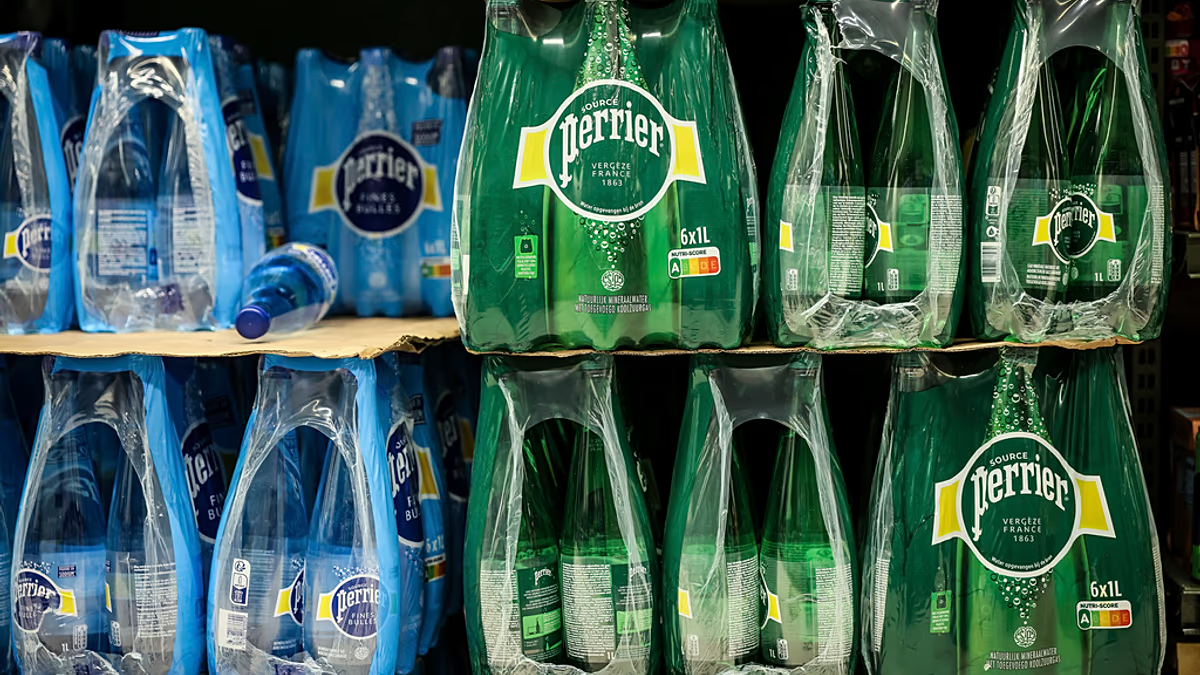Nestlé sticks with water branding as French court rejects legal case
A French court rejected all claims brought by UFC-Que Choisir against Perrier, after the consumer group claimed the firm’s natural mineral water was deceptively labelled.
In early June, UFC-Que Choisir filed an emergency motion with a court in Nanterre near Paris seeking a recall of all Perrier bottles in circulation, as well as a temporary ban on sales of the natural mineral water.
The case centred on a dispute over the use of a filtration treatment, which the group said was contrary to French and European law. UFC-Que Choisir also claimed that the water posed health risks.
UFC-Que Choisir insisted that its demands would not have caused Perrier’s Vergèze plant to close, but it hoped that the bottles produced there would be sold as drinking water and not natural mineral water.
The consumer group noted that natural mineral water typically sells for 100 to 300 times the price of tap water.
Nestlé says decision proves Perrier’s food safety is ‘guaranteed’
The court in Nanterre said a health risk to consumers was not proven to the level required for an emergency ruling, a ruling welcomed by Nestlé.
“Today’s decision confirms that the food safety of Perrier natural mineral waters has always been guaranteed”, it said.
The company said it operates under an integrated quality management system, shared with, and controlled by, the relevant authorities to ensure the food safety of all its products.
“The results of our analyses are constantly shared with the authorities who regularly test our mineral waters, both at source and the finished product, to confirm compliance with the applicable regulatory requirements, including food safety and quality standards.”
UFC-Que Choisir must pay €5,000 to Nestlé, according to a court statement.
The Nanterre ruling was the latest twist in a series of scandals hounding Nestlé in France.
In a 2024 report, the Occitanie Regional Health Agency (ARS) warned of the possibility of halting Perrier production because of persistent bacterial contaminationin water drawn from wells at the Vergèze plant.
An inquiry commissioned by France’s Senate then found that the French government had covered up the use of illegal water treatments for years, particularly with regard to Nestlé.
Nestlé said it has since stopped using these prohibited treatments, instead switching to its current filtration methods.
